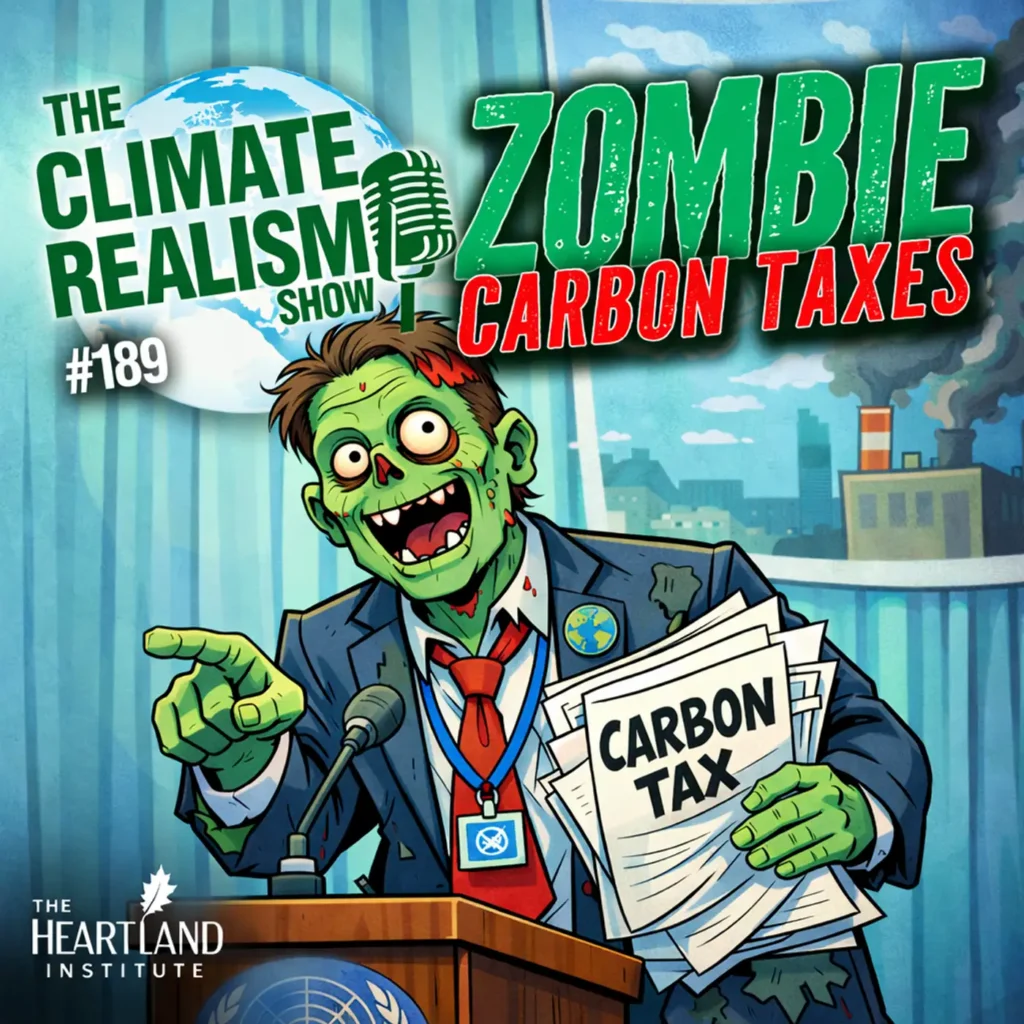This series of essays explores intersections of liberty, ecology, and prosperity. Where and why do they thrive together? Responsible liberty, sustainable ecology, and modest prosperity don’t always or easily go together. I discuss circumstances where these values are complementary not conflicting.
This is radically different from the conventional “Green” perspective. In that view, these three values are inherently and necessarily in opposition. The environmental culture really can be sunnier.
Much of my happy perspective comes from living and working on a Gallatin Gateway, Montana ranch. My wife Ramona and I placed all but 30 acres of it in a conservation easement with the Gallatin Valley Land Trust. Since the great majority of the land is reserved for agriculture and wildlife habitat, we aren’t bothered or tempted by developers. We are blessed by our contribution to this program of private sector conservation.
Most of today’s Greens believe political bureaucracies are ecologically and economically superior to private sector managers. Greens discount or reject the contributions of property rights, entrepreneurship, and the market process to ecological sustainability. Until recent decades most intelligent and alert individuals instinctively agreed. Now few such people have faith in government agencies. Alas, few understand or yet appreciate constructive alternatives to conservation and ecological sustainability.
The alternative approach has a name, the New Resource Economics, NRE for short. The paradigm originated in Bozeman, Montana in the early 1970s. My colleagues and I developed it at Montana State University, then a small “cow college” in the most remote of the contiguous 48 states.
That unusual location helps explain success: We lived amongst and hence witnessed the bureaucratic pathologies of forest, range, and water management. Fortunately, we didn’t work for university departments dependent on the largess of the agencies managing those resources. We were free to choose research topics. Initially our results rarely threatened funding or our home in the university.
The NRE offers an alternative to the authoritarian, bureaucratic management scheme of America’s Progressive Era. The elite of that period created federal agencies such as the U. S. Forest Service, Bureau of Reclamation, Park Service and state counterparts.
I love and focus on the “romantic” sector of environmental and natural resource policy: parks, wilderness, wildlands, range, wildlife, and water. While toxic intrusions into our shared environment are indeed important, I avoid them.
My wife Ramona and I grew up in families earning their living from agriculture and practicing conservation. We taught at Montana State University and ranched between Bozeman and Yellowstone Park. As I wrote this Sandhill Cranes whooped and a herd of elk was on our south hayfield. We love living here, enjoying and sharing our liberty, ecology and prosperity.
I am an economic anthropologist by inclination and training. This is not a field I recommend as a career but it has worked very well for me. I’ve taught a course with that title only once, in the Honors Program at Indiana University. Nevertheless, the mix of economics and anthropology provides powerful into environmental policy and its reform. Anthropology stresses culture while economics explains how people in that culture respond to opportunities, incentives, and constraints. These are the core ingredients of environmental policy.
I began working on environmental policy as a National Science Foundation post-doc at Indiana University. But how did I come to Bozeman? It was not an accident but rather results of a careful search. It led to finding and helping to found the New Resource Economics.



